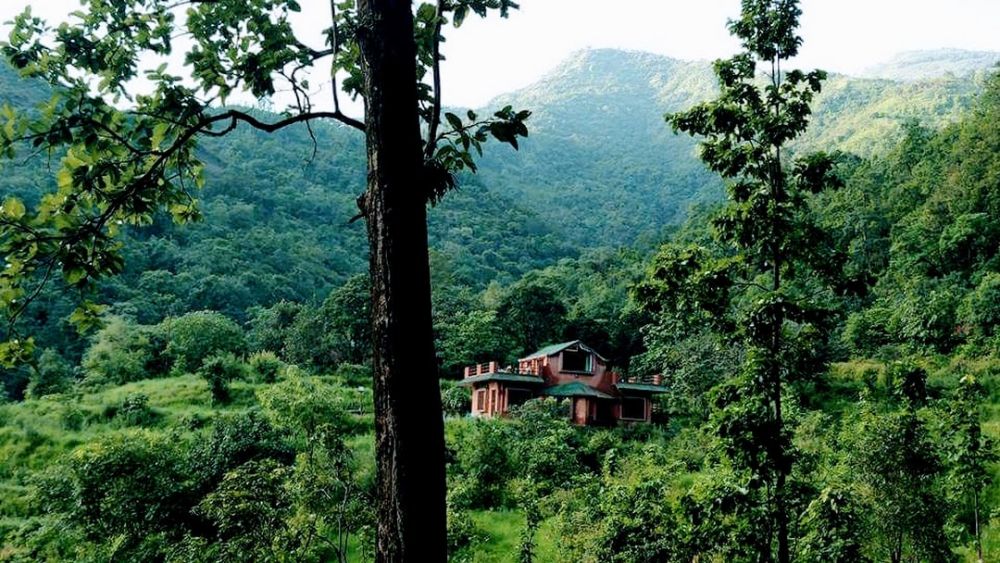

Nestled in the serene foothills of the Himalayas, the Sitabani Wildlife Reserve is a part of the larger Jim Corbett National Park in Uttarakhand, India. The reserve is not governed by the CTR (Corbett Tiger Reserve), but rather it is managed by the Uttarakhand Forest Department. This distinction allows for more relaxed tourism and pilgrimage activities.
The history of tourism in Sitabani can be traced back to the establishment of the Jim Corbett National Park, India's first national park, in 1936. Originally named Hailey National Park, it was later renamed in honor of the legendary British hunter-turned-conservationist, Jim Corbett, who played a key role in its creation.
Sitabani holds a mythological significance as it is believed to be the place where Sita, the protagonist of the Hindu epic Ramayana, lived during her exile and where she descended back into the womb of Mother Earth. This has made it a significant spot not only for wildlife enthusiasts but also for pilgrims and those interested in mythology and history.
In recent years, tourism trends in Sitabani Wildlife Reserve have adapted to emphasize eco-tourism and sustainable travel practices. Visitors are increasingly interested in experiences that offer a minimal environmental footprint while enabling them to immerse themselves in nature.
Bird watching has become an incredibly popular activity in Sitabani due to its rich avian diversity. Enthusiasts come from around the world to catch glimpses of rare and exotic birds. Other trends include wildlife photography, trekking, and temple visits within the reserve.
Another trend is the rise of homestays and eco-lodges around the reserve, providing visitors with authentic and responsible lodging options that contribute to local communities.
Additionally, the reserve has gained popularity among adventure seekers for its jeep safaris, which are a great way to spot wildlife including tigers, elephants, deer, and numerous other species in their natural habitat.
As tourism adapts to the changing preferences of travelers, Sitabani Wildlife Reserve continues to offer an enticing combination of adventure, tranquility, and cultural enrichment. The dynamic blend of ecological conservation efforts and the promotion of local culture and heritage ensures that visitors not only enjoy the natural splendor of the reserve but also contribute positively to its preservation and the well-being of its indigenous communities.